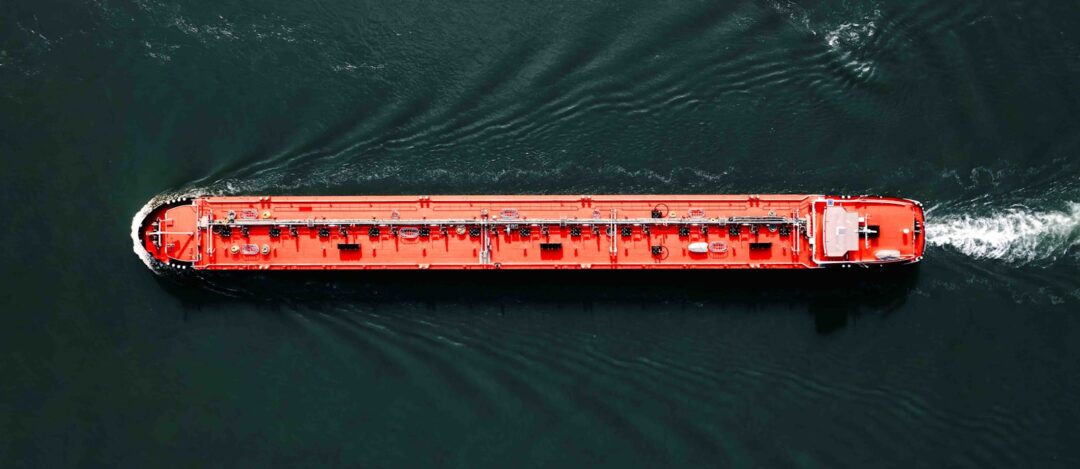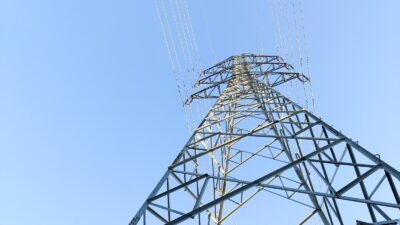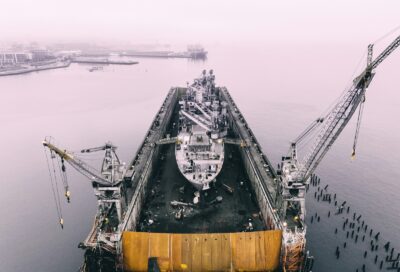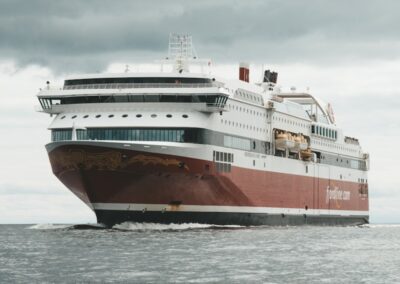The Importance of VSAT Systems for Maritime Communication
Maritime vessels, whether cargo ships, cruise liners, or oil tankers, operate in some of the most remote areas of the world’s oceans. Despite being far from land-based telecommunication infrastructure, staying connected is crucial for these vessels. This is where VSAT (Very Small Aperture Terminal) systems come into play. These compact yet powerful systems consist of a dish antenna and transceiver, enabling two-way satellite communication for data, voice, and video transmission. In the maritime industry, VSAT systems have become indispensable tools for ensuring reliable communication, enhancing safety, and improving crew welfare.
Facilitating Connectivity and Welfare
One of the primary benefits of VSAT systems on maritime vessels is their ability to facilitate crew connectivity and welfare. Crew members spend extended periods away from their families and friends, often with limited opportunities for communication. VSAT systems address this challenge by providing reliable internet access, allowing crew members to stay connected with their loved ones through video calls, emails, and messaging apps. This connectivity not only boosts morale and mental well-being but also helps alleviate feelings of isolation and homesickness among crew members, contributing to a more positive onboard environment.
Moreover, VSAT systems enable crew members to access a wide range of entertainment options while at sea. From streaming movies and TV shows to listening to music and playing online games, these systems provide recreational activities that help alleviate boredom during long voyages. Access to entertainment not only enhances the overall onboard experience for crew members but also contributes to better mental health and job satisfaction. Additionally, by keeping crew members engaged during their downtime, VSAT systems can help improve productivity and reduce the risk of fatigue-related incidents.
Ensuring Safety and Operational Efficiency
Beyond crew welfare, VSAT systems play a critical role in ensuring the safety and operational efficiency of maritime vessels. These systems provide a reliable means of communication for transmitting vital information, such as weather updates, navigational data, and emergency alerts. In the event of an emergency, such as a medical crisis or a security threat, having access to real-time communication can be a matter of life and death. VSAT systems enable crew members to quickly communicate with onshore authorities, coordinate emergency response efforts, and seek assistance if needed, thereby enhancing overall safety and security onboard.
Furthermore, VSAT systems support various operational functions essential for efficient vessel management. They enable remote monitoring and diagnostics of onboard systems, allowing for proactive maintenance and troubleshooting. This helps minimize downtime, reduce maintenance costs, and optimize vessel performance. Additionally, VSAT systems support the implementation of smart shipping technologies, such as predictive analytics and condition-based maintenance, which can further enhance operational efficiency and cost-effectiveness. By leveraging advanced data analytics and AI-driven insights, maritime companies can make informed decisions, streamline operations, and stay competitive in today’s rapidly evolving industry landscape.
Enhancing Environmental Sustainability
In addition to improving connectivity, safety, and operational efficiency, VSAT systems also contribute to environmental sustainability in the maritime industry. By enabling more efficient route planning and optimization, these systems help vessels minimize fuel consumption and reduce greenhouse gas emissions. With access to real-time weather data and sea conditions, captains can make informed decisions to avoid adverse weather patterns and rough seas, optimizing their routes for fuel efficiency. This not only lowers operating costs for maritime companies but also reduces their carbon footprint, supporting their sustainability goals and regulatory compliance efforts.
Moreover, VSAT systems facilitate remote monitoring of environmental parameters, such as fuel consumption, engine performance, and emissions levels. By collecting and analyzing data from onboard sensors in real time, maritime companies can identify areas for improvement and implement measures to enhance environmental performance. For example, by optimizing engine settings and adopting eco-friendly technologies, vessels can reduce their environmental impact while maintaining operational efficiency. Through continuous monitoring and data-driven insights, VSAT systems empower maritime companies to pursue greener and more sustainable practices, contributing to the preservation of marine ecosystems and the mitigation of climate change.
#VSATSystems #MaritimeCommunication #Crewwelfare #Safetyatsea #OperationalEfficiency #RemoteMonitoring #SmartShipping #PredictiveAnalytics #MaritimeTechnology























